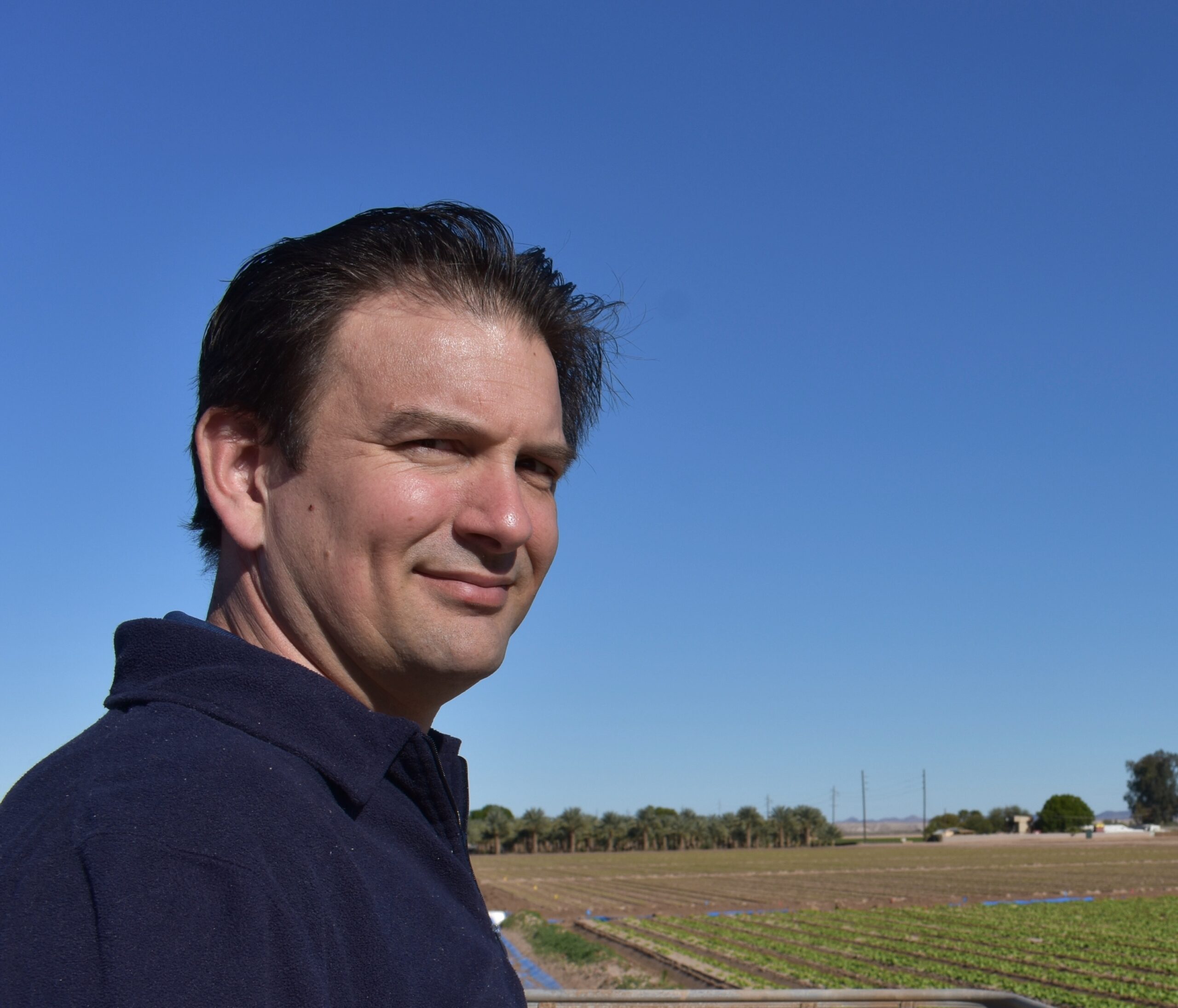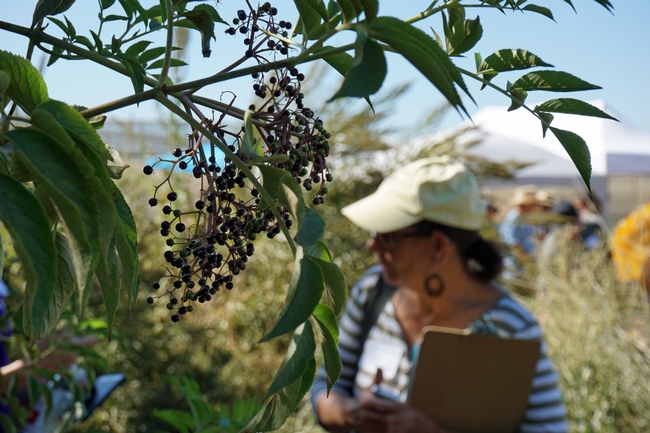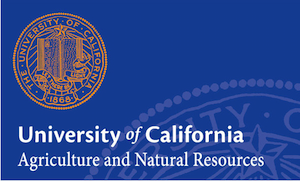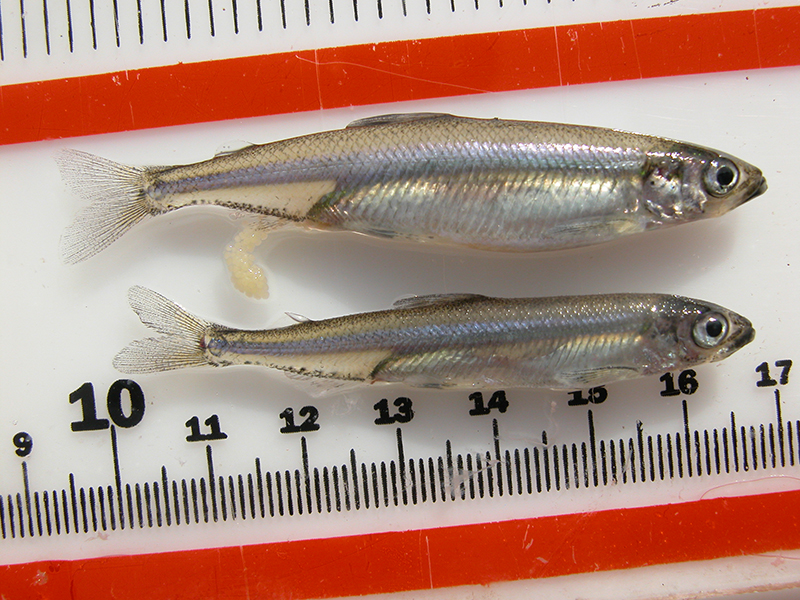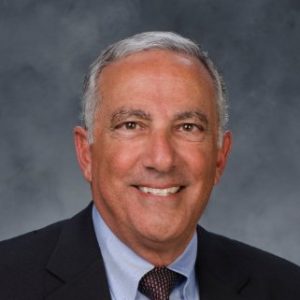Central Valley Farmer is Honored
Harold McClarty to be honored with an Award of Distinction at UC Davis
Harold McClarty, a fifth-generation California farmer who built the international tree fruit and grape-growing business HMC Farms, will be honored Friday, October 4 with an Award of Distinction from the UC Davis College of Agricultural and Environmental Sciences (CA&ES).
The award is presented annually to individuals whose contributions and achievements enhance the college’s ability to provide cutting-edge research, top-notch education and innovative outreach. McClarty is being honored as a friend of the college.
The McClarty family has been farming in the Central Valley since 1887. One hundred years later, after graduating from UC Santa Cruz, McClarty established the HMC group of companies on the family’s original 40 acres. A commitment to innovation has helped grow the family business into a vertically integrated tree fruit and table grape supplier with locations in California, Chile, Mexico and Peru.
McClarty’s wife, Deborah, is a UC Davis alumna. Today, the family business includes their two children and spouses. The McClarty family believes in the value of education and giving back to the community.
Harold served as a UC Davis Foundation Trustee for six years. The family supports many UC Davis projects, including the Agricultural Sustainability Institute’s Adopt-an-Acre program. They also support school garden programs, invest in their local community college in Reedley and give to the California Agricultural Leadership Foundation.
The Award of Distinction ceremony starts at 5:30 p.m. on Friday, October 4, in the ARC Pavilion on the UC Davis campus with a reception to follow. To learn more and register, visit the College Celebration website at https://caes.ucdavis.edu/news/events/college-celebration.
